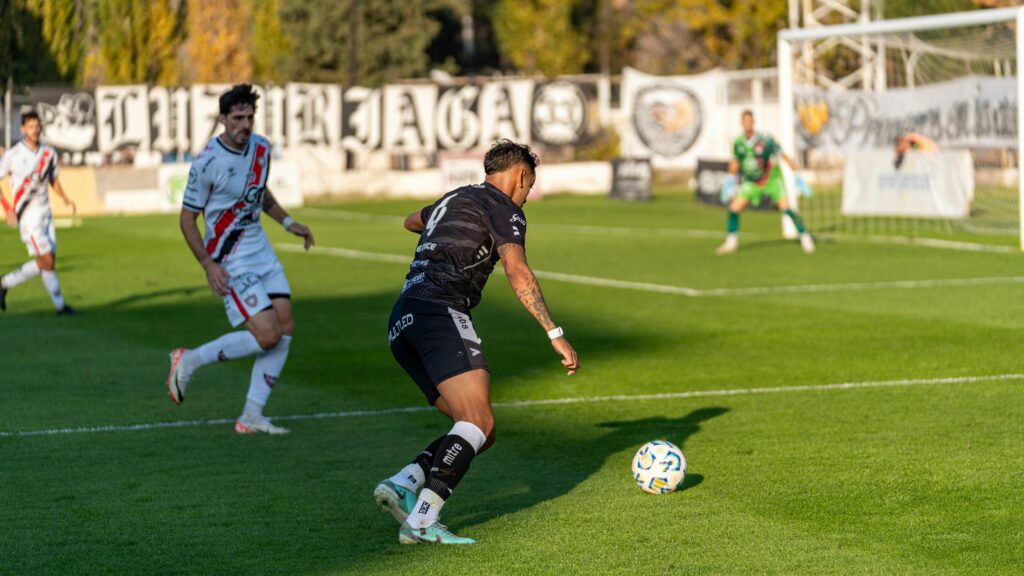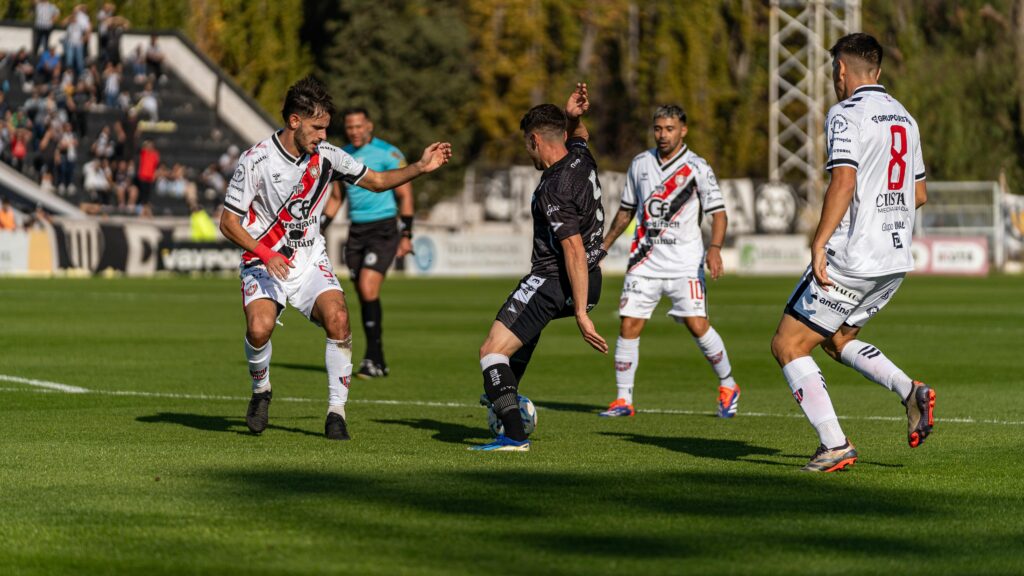
Football academies in Europe represent a goal for many youth players all over the world. The possibilities are prevalent even here in modern times. In order to obtain the opportunity to play at a football academy or an academy based in Europe, it not only takes persistence but also research and clarity on the documentation that would be needed.
My advice would be to first identify the football academy you want to attend. Considering factors like age, ability, and budget. Consider leading academies such as Ajax Youth Academy, FC Barcelona La Masia, and Bayern Munich Campus. Some academies offer scholarships, while others charge tuition fees.
Second, begin to prepare your football CV or resume, which includes your entire playing history and other important information such as your position, height, weight, and highlight videos.
A good video highlights your most important skills, goals, and performance in a manageable time frame. It is recommended you record a professional highlight video of your skills as a player. This video should be a duration of 3 – 5 minutes and can include your goal-scoring abilities, video clips that illustrate your fundamentals and skill, and highlights of your match performance.
Third, head to the site of your target academy; apply right off the academy’s site, and/or seek connections through a reliable and reputable agent. Make sure to take the time to attach your football CV, highlighting your highlight video, and consider the age groups and the levels of the target academy if you are attending open trials on-site or football camps.
There are also several reputable websites and resources available for players, such as Soccer Trials and Scouted Football, where players can create profiles and have the opportunity of being connected to youth scouts and various European academy programmes.
Additionally, ensure that your travel documents are valid, including your passport or visa documentation if required. It would be beneficial to begin to prepare yourself and your family for the challenges of relocating to a foreign country, anticipating your experience level and process for attending a football academy.
Finally, the most important tips are to stay fit and, importantly, stay mentally strong and to keep practising and learning. Even though the academy system becomes competitive in Europe, you can make your way there as long as you remain relatable and persistent and forever passionate.
Once you have now chosen your favourite academy, the next step is to get a grip on the general requirements. Other than the fact that most academies will have age limits on applying (typically from 8 to 18 years of age), they will often look at your physical screening, technical skills, tactical awareness and attitude. Many academies will also ask for proficiency in English – this especially applies if you are applying to an international academy.
It can be useful to have some competition experience with either local clubs or school teams. Being part of a competition will help to give you credibility for your experience. Also, if you are able to earn trophies or awards while playing in then, it will add credibility to your application. If you are able to afford and organise it, looking for a personal coach or a football development programme also in your country could give you a competitive edge.
Academies will often hold football trials or camps in countries like Australia where international academies are looking for players to add to a forthcoming tour to Europe. Various websites, such as Football Trials or FIFA-approved agents, continue to promote this balance of camps and trials on their platforms. Some of the academies will link to programming that provides esports to travel and be scouted during their usual season.

To apply for a scholarship, you will have to demonstrate talent and financial need. As with anything else, be careful when applying to academies that are not officially licensed and recognised by your country’s national football federation (FFA, FA, US Soccer…).
Another crucial aspect is networking. Create connections with coaches, past players, or agents who have had interactions with European academies. Platforms like LinkedIn and Instagram can assist you in reaching out to coaches or scouts; they are also great for sharing your football journey too.
It would be useful to set up a football portfolio website containing your biography, achievements and highlight videos, as this will give scouts an easy-to-access profile of you. Running a simple professional profile can be done with Wix or WordPress.
If ever you are asked to attend trials or interviews, be prepared. Bring your gear, be early, and most importantly – be positive. Scouts look for discipline, teamwork, and leadership along with your talent too. Some academies will also check your academic performance if they are providing formal education to you.
Just be aware of visa and residency requirements for student athletes and also know that some countries have particular requirements, for example, Spain, Germany, the Netherlands, etc. You may need health insurance and possibly a guardian (if under 18).

Finally, be patient. There can be all sorts of timescales involved with the process. Some players will get accepted to an academy very quickly, and some may take years. Stay focused and do not quit on your dreams!
: Links:
https://english.ajax.nl/academy
https://www.fcbarcelona.com/en/football/barca-academy
https://fcbayern.com/en/club/infrastructure/academy
https://www.uksoccertrials.com
There are also several reputable websites and resources available for players, such as Soccer Trials and Scouted Football, where players can create profiles and have the opportunity of being connected to youth scouts and various European academy programmes.
Additionally, ensure that your travel documents are valid, including your passport or visa documentation if required. It would be beneficial to begin to prepare yourself and your family for the challenges of relocating to a foreign country, anticipating your experience level and process for attending a football academy.
Finally, the most important tips are to stay fit and, importantly, stay mentally strong and to keep practising and learning. Even though the academy system becomes competitive in Europe, you can make your way there as long as you remain relatable and persistent and forever passionate.
Once you have now chosen your favourite academy, the next step is to get a grip on the general requirements. Other than the fact that most academies will have age limits on applying (typically from 8 to 18 years of age), they will often look at your physical screening, technical skills, tactical awareness and attitude. Many academies will also ask for proficiency in English – this especially applies if you are applying to an international academy.
It can be useful to have some competition experience with either local clubs or school teams. Being part of a competition will help to give you credibility for your experience. Also, if you are able to earn trophies or awards while playing in then, it will add credibility to your application. If you are able to afford and organise it, looking for a personal coach or a football development programme also in your country could give you a competitive edge.
Academies will often hold football trials or camps in countries like Australia where international academies are looking for players to add to a forthcoming tour to Europe. Various websites, such as Football Trials or FIFA-approved agents, continue to promote this balance of camps and trials on their platforms. Some of the academies will link to programming that provides esports to travel and be scouted during their usual season.
My advice would be to first identify the football academy you want to attend. Considering factors like age, ability, and budget. Consider leading academies such as Ajax Youth Academy, FC Barcelona La Masia, and Bayern Munich Campus. Some academies offer scholarships, while others charge tuition fees.
Second, begin to prepare your football CV or resume, which includes your entire playing history and other important information such as your position, height, weight, and highlight videos.
A good video highlights your most important skills, goals, and performance in a manageable time frame. It is recommended you record a professional highlight video of your skills as a player. This video should be a duration of 3 – 5 minutes and can include your goal-scoring abilities, video clips that illustrate your fundamentals and skill, and highlights of your match performance.
Third, head to the site of your target academy; apply right off the academy’s site, and/or seek connections through a reliable and reputable agent. Make sure to take the time to attach your football CV, highlighting your highlight video, and consider the age groups and the levels of the target academy if you are attending open trials on-site or football camps.
My advice would be to first identify the football academy you want to attend. Considering factors like age, ability, and budget. Consider leading academies such as Ajax Youth Academy, FC Barcelona La Masia, and Bayern Munich Campus. Some academies offer scholarships, while others charge tuition fees.
Second, begin to prepare your football CV or resume, which includes your entire playing history and other important information such as your position, height, weight, and highlight videos.
A good video highlights your most important skills, goals, and performance in a manageable time frame. It is recommended you record a professional highlight video of your skills as a player. This video should be a duration of 3 – 5 minutes and can include your goal-scoring abilities, video clips that illustrate your fundamentals and skill, and highlights of your match performance.